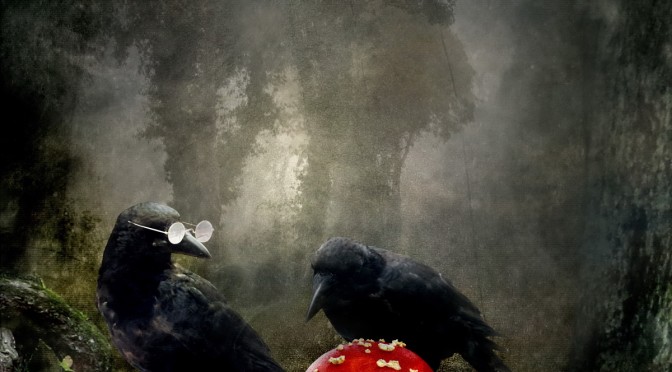Summary This post has two independent parts: I ask what would some of the basic criteria for sentience be and how to check for them in a way that would give us a chance to satisfy our need to know. I explore some of the dilemmas a fully machine-based sentient entity would have to face […]





